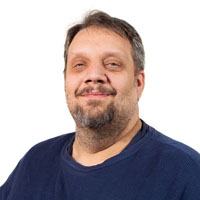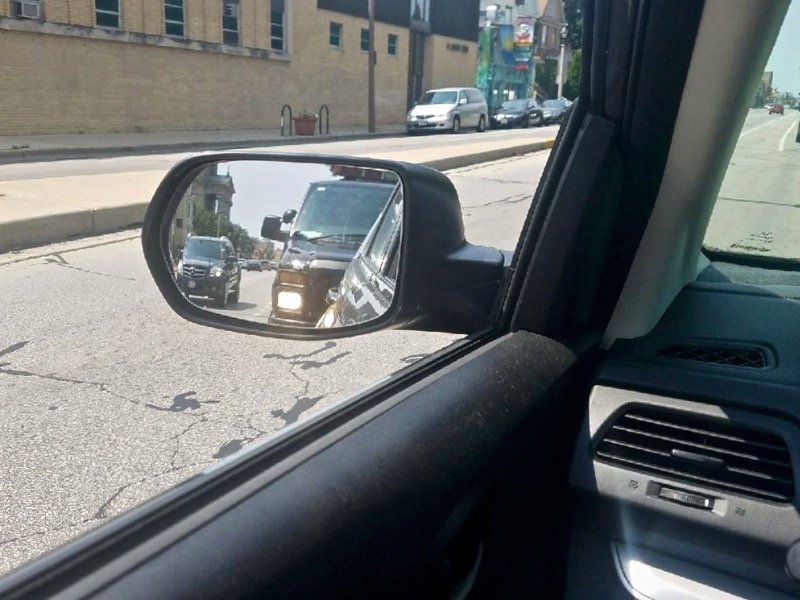Merging a family sitcom with the sci-fi universe, Milwaukee’s Dan Harmon and co-creator Justin Roiland knew they had something special with "Rick and Morty" that airs on Monday nights on the Cartoon Network. The rest of the nation thought it was special, too, tuning into enough episodes to give the show a second season.
"I am excited to make as much ‘Rick and Morty’ as Adult Swim allows, and I'm relieved to be in a time slot of no strategic value to CBS," Harmon said, pointing out the network with the strongest primetime ratings … and a constant fight his other show, "Community," has to deal with over at NBC.
The half-hour animated show is about a crazy scientist who takes his less-than-smart grandson on some dangerous adventures.
When I chatted with Roiland back in December, he said that everyone was excited about the show’s possibilities as part of the Cartoon Network’s offerings aimed at adults, called "Adult Swim."
"I am humbled and super excited by the positive response to the show, and we have no shortage of ideas for future episodes," Roiland said.
Since the show’s launch, it has done better than programs on MTV, FX, Comedy Central and Nick at Night, and has grown its audience among adults 18-34.
"It's fun and incredibly rewarding. Each episode is so different from the next," Roiland said.
The show has a layered sensibility, which is part of its brilliance. The animation, while it may be considered crude, offers a wide-open canvas that the writers use to full advantage.
Rick, the sociopathic scientist, has been missing for 20 years, but lands at his daughter’s home. The daughter welcomes him in, despite concerns of her husband, and he converts the family garage into a lab. His crazy, and dangerous inventions are used to take his grandson Morty and granddaughter Summer on adventures.
As the formula works, everything is wrapped up in roughly 27 minutes. And, as Harmon and Roiland have proven, the formula worked for a second batch of shows which will start airing this month.
MORE MELTDOWN: The Miles O'Brien report on Japan's recovery after a horrific meltdown of a nuclear facility that I wrote about earlier this month was postponed to talk about the injury the journalist sustained while on that reporting trip. PBS "NewsHour" instead aired an interview with O’Brien to discuss life after his emergency surgery and amputation.
"After leaving Japan, (O’Brien) traveled to the Philippines for other upcoming stories. There, he dropped a heavy camera case on his left arm. The injury became life-threatening. And, during emergency surgery, Miles’ left arm was amputated above the elbow," Judy Woodruff reported.
The special on Japan’s tsunami triggered meltdown can now be found on the show’s Science Page.
WRITING PROJECT: On Monday, "NewsHour" will deliver a report on a program working with the homeless and incarcerated teens overcome trauma by writing poetry. Jeffrey Brown and U.S. Poet Laureate Natasha Trethewey visit the King County Juvenile Detention Center near Seattle to meet participants in the Pongo Project.
The program is the brainchild of Richard Gold, a writer and former Microsoft employee who has spent much of his life volunteering to help children write from the heart about difficult experiences.
"My brother started writing poems in prison. He told me it was about making something out of the bad situation he was in. To make a poem out of that situation felt like, the act of creation, a triumph over the experience," Trethewey said.
Media is bombarding us everywhere.
Instead of sheltering his brain from the onslaught, Steve embraces the news stories, entertainment, billboards, blogs, talk shows and everything in between.
The former writer, editor and producer in TV, radio, Web and newspapers, will be talking about what media does in our community and how it shapes who we are and what we do.







